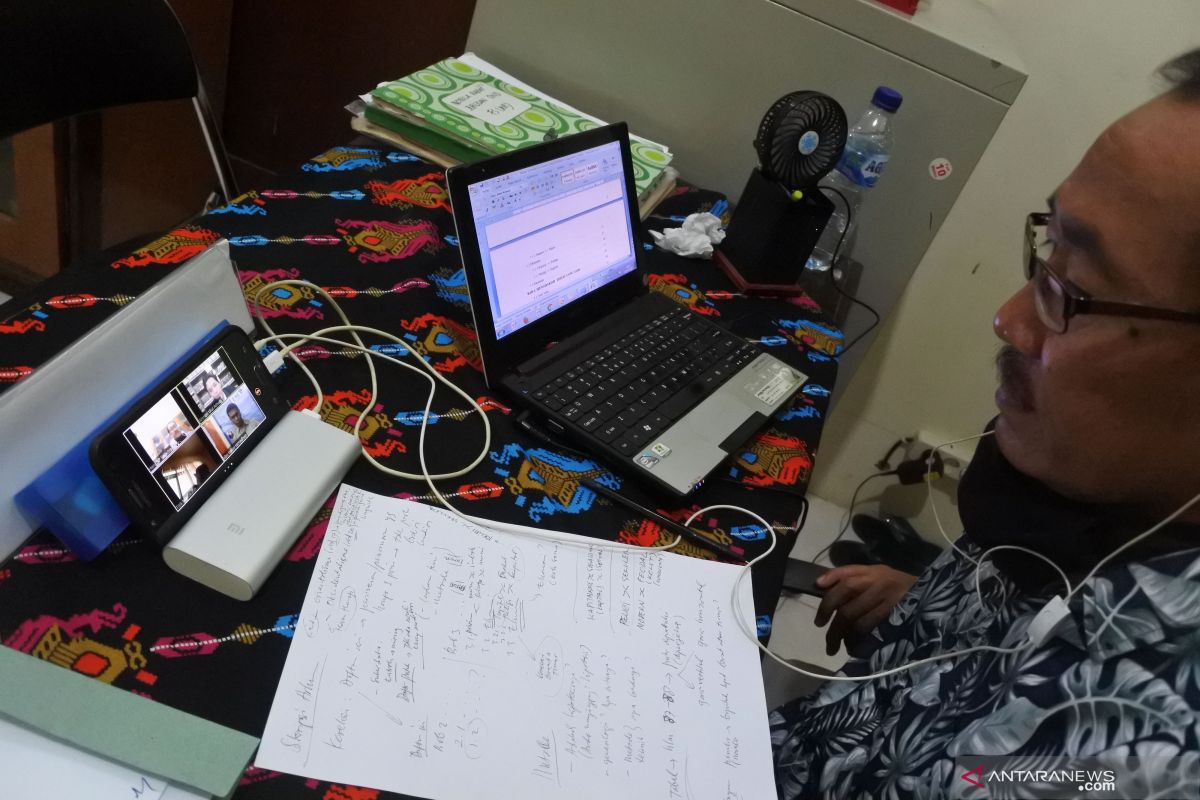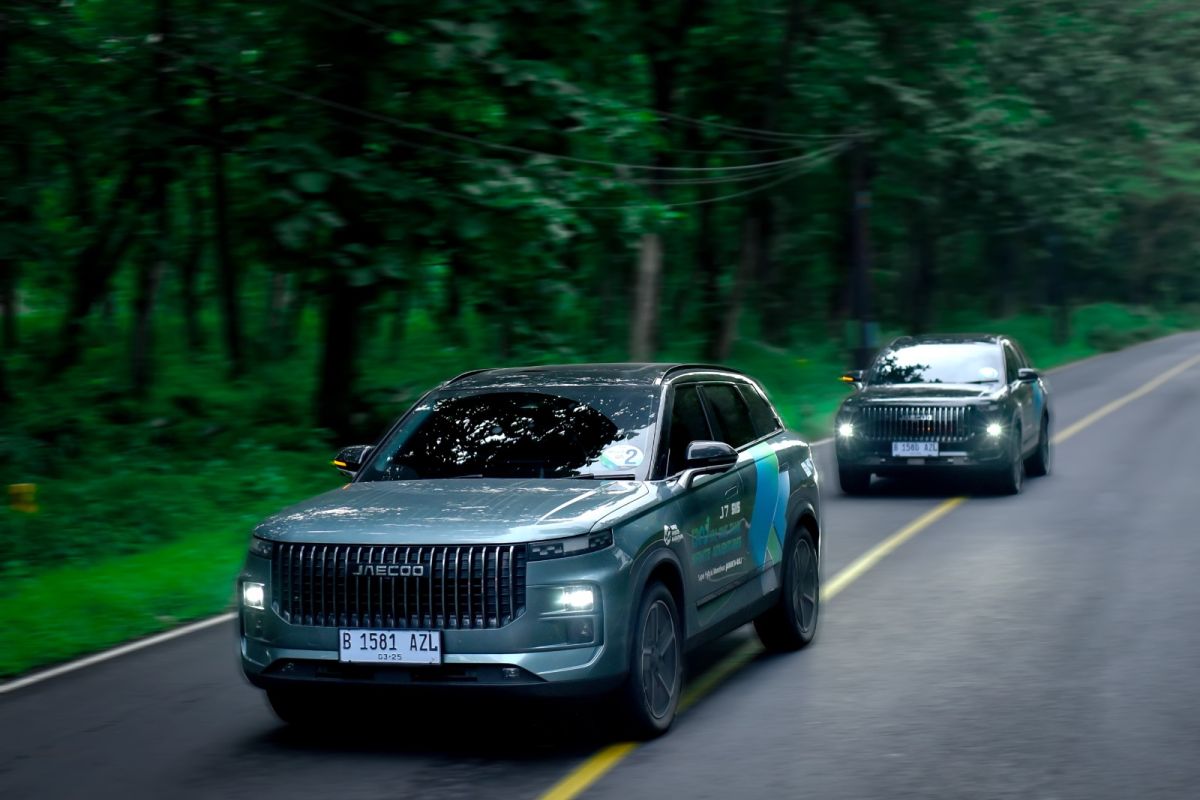At 3.30pm on Wednesday, about 15 hours before Padraig Harrington was scheduled to hit the first shot of the 153rd Open, Bryson DeChambeau was out on the links of Royal Portrush trying to find sense in its riddles.
It was the chuntering that gave his game away. He was practising on the 11th hole and that is one of the toughies — a 475-yard par four that bends aggressively to the right and is lined the entire way on both sides by gorse, mounds and lost balls.
Behind DeChambeau was a magnificent view of the Irish Sea and, if you looked hard enough, Giant's Causeway. Out in front was something different — a narrow, snaking strip of fairway and the devilish question of how much of the corner you dared to cut.
Or to frame that one slightly differently — are you feeling a bit silly today?
Speak to the old boys, or even a younger one like Robert MacIntyre, and you know that is the crux of links golf. It is golf as it was first imagined and it is golf that we only see a few weeks of the year at the elite end.
It is the golf of fescue and thorns and no pretty stripes in the grass. It is the golf of gusts and unfair bounces. It is golf where the brain counts for more than strength. It is the golf of wisdom and nous and, occasionally, taking the long way to get there quicker.
Succeeding at Royal Portrush is about brains as well as brawn, art as well as science
This course is a test of ingenuity, far removed from the perfectly manicured US playgrounds
Rolling the dice on a links course? It is silly to roll the dice. On the 11th, DeChambeau was feeling bold, naturally, so he took a greedy bite out of that corner and will have known that the more you bite, the less of a landing zone you have.
He might also know by now that the locals, guys like Graeme McDowell, say this is one of the hardest holes on the course and that a missed fairway is an automatic bogey or worse.
DeChambeau missed and then, with brambles at his ankles, missed the green. That was when he tried something else and worked on his approaches from the fairway, this time with his Trackman device on the ground behind him. He was going back to the world he knows best — the data of spin rates, clubhead speed, angles and trajectories.
He is an interesting character, DeChambeau. A physics graduate, he styles himself as a scientist, and it has been years since we first added the 'mad', but that next shot at the 11th was better. It went well and he smiled. But before long he was in the rough stuff again and, laugh as he might, he was also bordering on a different kind of mad. An exasperated kind of mad.
DeChambeau has always been a tough fit for the Open, where his results read: cut, T51, cut, T33, T8, T60, cut. He can be the smartest man in the world on a parkland course and the silliest on the links.
But isn't that the beauty of this major? Isn't that the point? Because some get it and some don't. Some arrive later than others, like Phil Mickelson, and some never arrive at all. Will DeChambeau balance science with art — enough to win? Maybe, because he is so good, but good and wise are different beasts. It would be a brave bet.
We might say the same about Scottie Scheffler. He has the shortest odds in this field of 156, which happens wherever he plays, but he has never finished higher than seventh at the Open.
Statistically, he has all metrics on his side from tee to green, but what about those shots you rarely encounter in the manicured playgrounds of the US? Those bumps and runs between the mounds, those tests of ingenuity? Those chips across a moonscape that take the decision away from the usual of a wedge into the air, towards a seven iron along the contours?
Links golf can make a mug of any player - it is complicated and less common nowadays
It demands of its stars: are you feeling a bit silly today? It is a type of golf which demands wisdom, nous, and a bit of luck
The Open is the most random of the big four and can throw up surprises every day
GRAEME MCDOWELL's THREE KEY HOLES
There is a reason Tom Watson was still challenging for a Claret Jug at 59 and there is a reason Scheffler is yet to show his very best over here.
That will change sooner rather than later, we assume, but assumptions around links golf make jugs and mugs of us all. Experience counts and at 29, we are yet to see proof that Scheffler has cracked this code.
It is complicated and so are the burdens of success — Scheffler's comments this week about the lack of 'fulfilment' he has found in his dominance of the game were arresting. He stunned us with his candour.
Were they signs of burnout amid the relentless churn of tournaments? Or was he revealing that the secret to his dominance came from attaching greater importance to matters away from the course? It was both jolting and quite unclear.
Rory McIlroy has had a few of those conversations himself of late. He returns to Portrush wishing to embrace the local hoopla, after admitting he was overwhelmed by the pressure of a home Open here in 2019.
He carved his first shot out of bounds six years ago, but comes back with a Green Jacket and signs of drastically improved form and mood.
He has the game and nous to pull this place apart, like he did as a 16-year-old when he set the course record of 61. Those numbers will surely not be repeated in 2025, but as ever much depends on the weather. The forecasts suggest rain on most days and the wind is expected to be modest, rather than the heavenly fury of Troon last year.
That might favour the bigger names, of whom Jon Rahm ought to be rated a serious contender. He has not won on the LIV tour this year, but nor has he finished lower than 12th and his results in the 2025 majors are strong — 14th at the Masters, eighth at the PGA Championship and seventh in the US Open.
Scottie Scheffler is yet to prove that he has cracked this code - he has never finished higher than seventh at The Open
Rory McIlroy has the game and nous to pull this place apart, but lots depends on the weather
Jon Rahm ought to be rated a contender with his vast links experience - he'd be my pick
Crucially, he has vast links experience. He spoke this week about first taking on the dunes as a 14-year-old with his dad, when he learned a three iron on the roll can be smarter than a driver on the fly. He also developed the counter-intuitive skill of being able to accept a bad outcome from a good shot. He would be my pick.
But if the Masters can usually be predicted from a pool of a few names, the Open is the most random of the big four.
It might be too soon in the recovery from a rib injury for Xander Schauffele upon the defence of his title, but what about Shane Lowry? He is the best chipper in golf and won the last time it was in Portrush. A number of experts fancy him for a good week and ditto Sepp Straka.
Tommy Fleetwood also has the ball striking to do well, Tyrrell Hatton has the iron play, Ludvig Aberg has the lot and MacIntyre is a former champion of the Scottish Open whose links expertise has been sought by both Scheffler and DeChambeau.
Further from left field, the range talk is floating names like Tom McKibbin, a local who joined Rahm's LIV team, and Ryan Fox, who is overdue a strong major.
At this stage, it's all hypothetical at a tournament where predicting a winner is as foolish as getting greedy at the 11th.

 2 months ago
27
2 months ago
27

















































